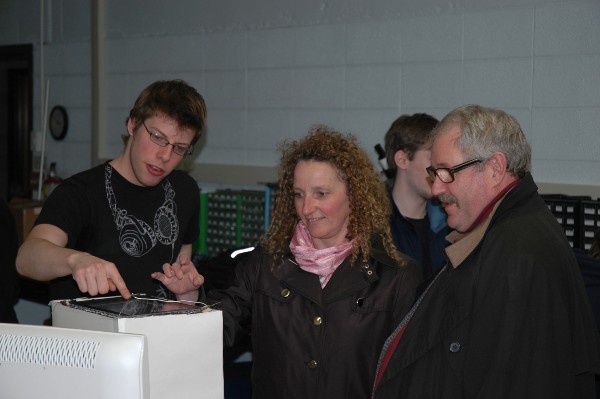What programs does Acadia Physics offer?
You can major in physics in either a Bachelor of Science or an Honours Bachelor of Science degree. All science students are also required to have a minor, and physics majors automatically qualify for a minor in mathematics.
You can also do a double major with physics and another discipline offered at Acadia. Second majors do not have to be within the Faculty of Science. While the most common second major for physics students is mathematics, we have had physics students complete second majors in philosophy, music, and geology, to name just a few.
Full descriptions of our programs can be found in the University Calendar. First year courses include physics, calculus, linear/matrix algebra, either chemistry or computer programming. At upper levels, we offer all of the physics courses you will need to pursue further studies in physics or to prepare you for a job. Some of our more specialized courses include computer-based data acquisition and control, modern optics and photonics, and optoelectronics.
Physics students may also participate in the co-op program. More information about the Co-operative Education at Acadia can be found on the Co-op Education website.
Our students can also complete a term or year abroad. More information about the Acadia's Exchange Program can be found on the Exchange Program website.
If you have any questions about the programs we offer, please contact us.

Student Kris Boudreau explains the operation of the project he designed and built for second-year course Data Acquisition, Measurement, and Control during the course's open house session.
